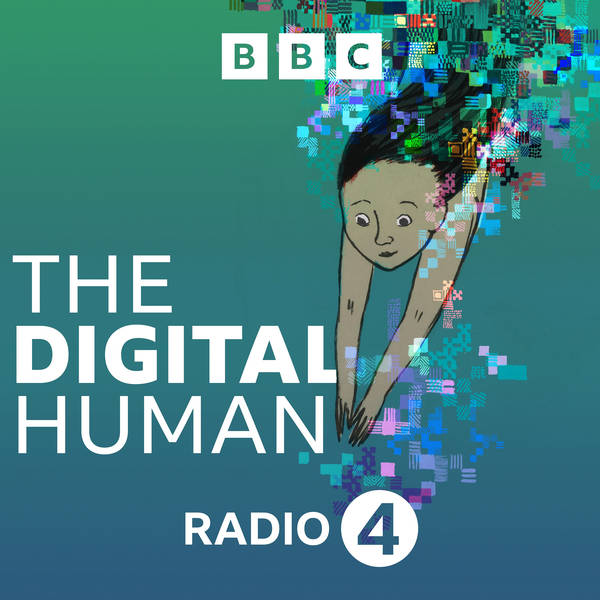
Tilt
We all cheat at least a little bit, some of us in family games of monopoly, others on their taxes. Aleks asks if the digital era has made that easier; with less apparent consequence and therefore more tempting? If that's the case where does that lead us.
Why, for example, would people hack the language learning app Duolingo to achieve an entirely meaningless high score, just to beat those of their fellow learners? And if you use the fitness app Strava to compete with others who cycle the same route, what possesses you to use an electric bike next time, or even do it in your car? One of the key factors that encourage us to cheat is psychological distance - we can't see the impact of our cheating so it becomes more tempting. That's the digital world.
More charitably, another influence on our cheating is if we're already exhausted physically, psychologically or emotionally. Is that what might explain the rise in academic cheating that experts have detected during the course of the pandemic, when so much education and assessment has moved online?
Aleks explores all these examples along with the justifications people engage not own up to their behaviour.
Producer: Peter McManus
